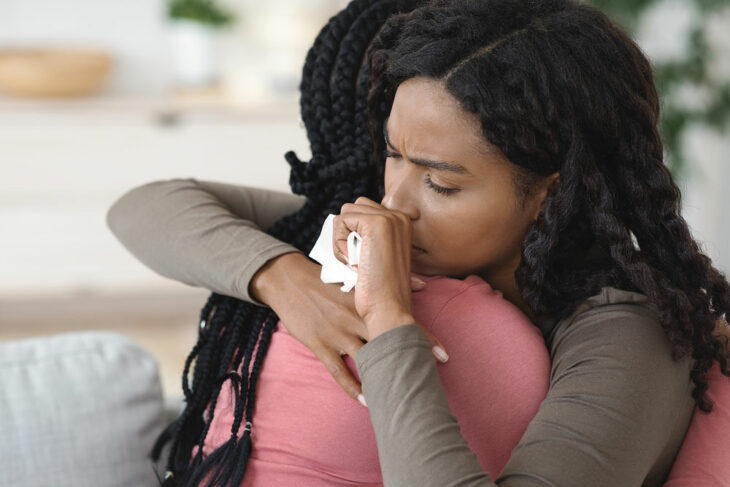By Melissa Galatas

According to the Centers for Disease Control and Prevention, one in four women and one in seven men will experience some form of severe physical abuse by an intimate partner in their lifetime. Since intimate-partner violence is so common, chances are that everyone reading this knows, has known or will know someone who has experienced it — or perhaps you have experienced it yourself. Because most victims disclose abuse to family or friends before disclosing it to law enforcement or other advocates, we all should know how to respond.
START BY BELIEVING THE VICTIM
There is so much power in listening and empathizing. Avoid questioning her choices, but instead be present with her in that moment and listen — truly listen.
ENCOURAGE HER TO CALL THE GULF COAST CENTER FOR NONVIOLENCE OR THE VICTIM-SERVICES AGENCY IN HER AREA
Advocates help victims create safety plans catered to their situation. The most dangerous time for a victim is when she attempts to leave, so it’s important to plan how to leave safely.
Here is an example of what a safety plan might look like while the victim is still in the relationship:
- Keeping a log of violent incidents and patterns
- Appeasing the abusive person in moments of tension to try to prevent violence
- Slowly gathering important documents/ medications
- Stashing away money
- Hiding a bag of necessities
- Deciding on a place to go, whether to a shelter or to stay with family or friends
- Discretely communicating with community members, police or advocates
- Knowing when to call 911 and/or shelter
Expect that the victim may return to the abusive situation. The average victim of intimate-partner violence attempts to leave seven to nine times before escaping for good. With every try, she learns and grows. It’s important that we create safe spaces for victims to return to when they’re ready, spaces that do not include comments like, “Why didn’t you just leave?” or, “I told you so.”
COMMUNITY IS A TOP PROTECTIVE FACTOR AGAINST ABUSE
The more supportive their community, the more likely abuse victims are to escape. Family and friends may not be able to provide housing, financial assistance or the other resources available at the Gulf Coast Center for Nonviolence and other organizations, but they can provide the vital emotional support necessary for someone to break free. The phrase, “I believe you,” is worth its weight in gold.
Melissa Galatas is the justice for families program coordinator with the Gulf Coast Center for Nonviolence. Reach her at (228) 436-3809 or mgalatas@gccfn.org.


